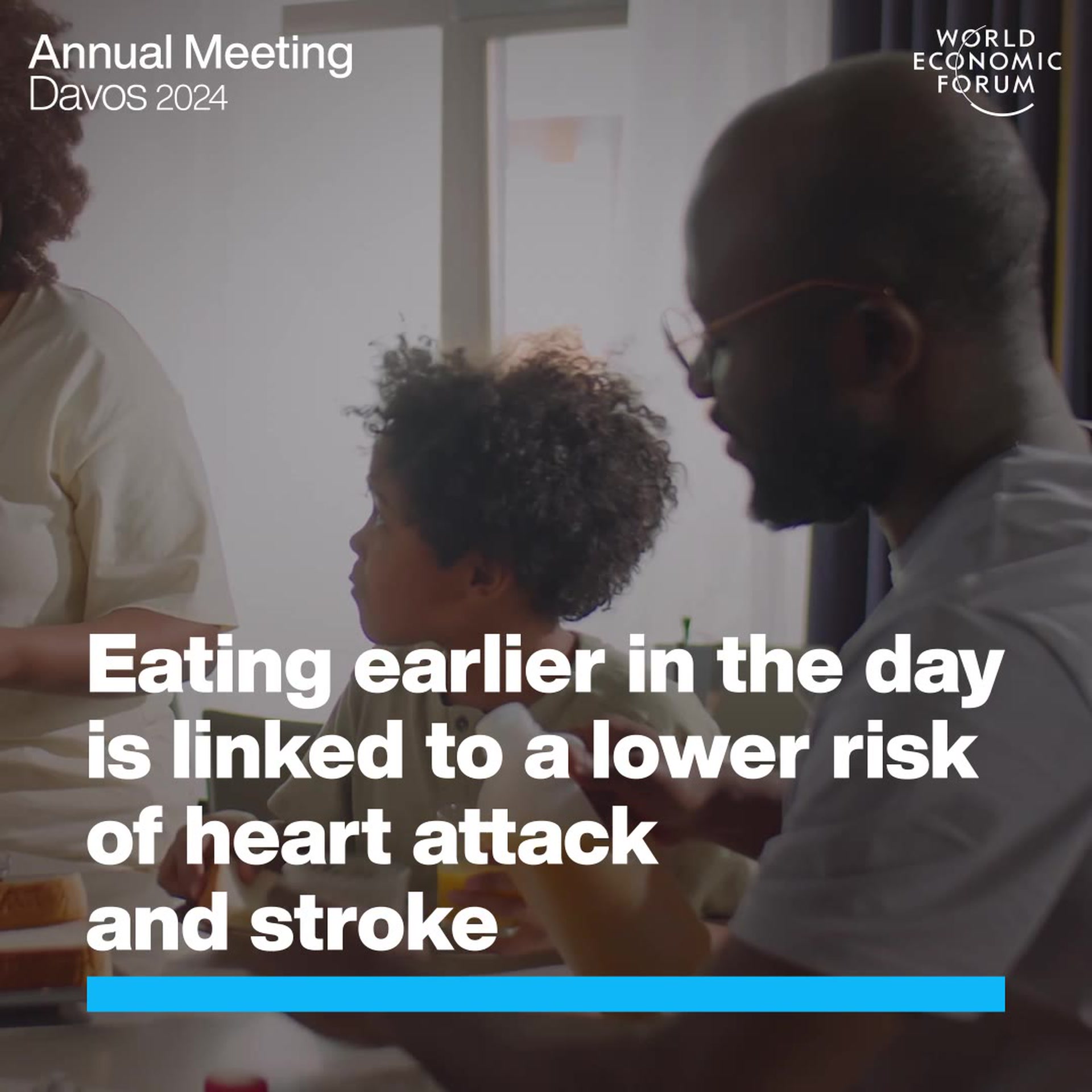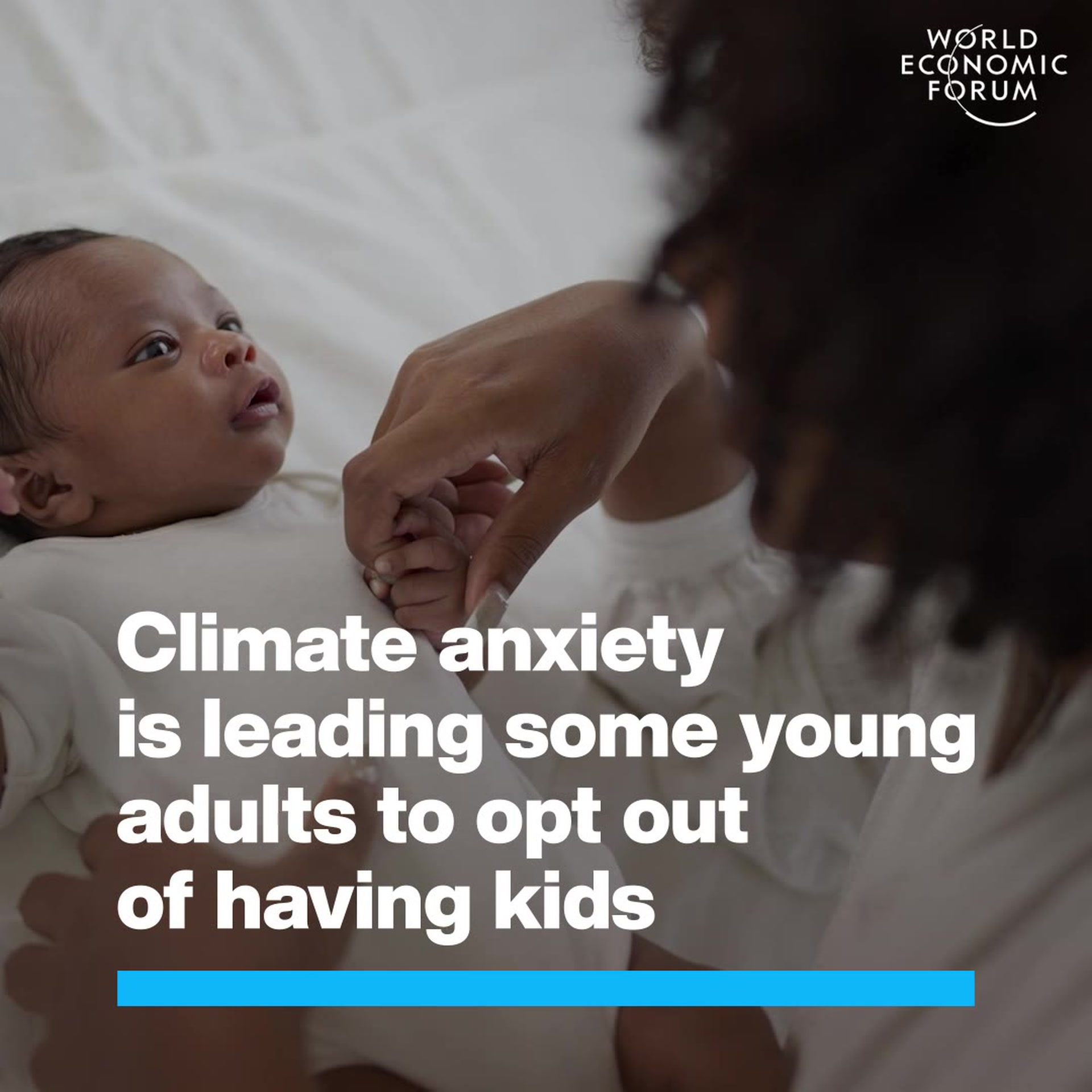This is how to make your baby a genius

Speaking to babies in a particular manner creates certain advantages in their development. Image: Unsplash/Danielle MacInnes

Get involved with our crowdsourced digital platform to deliver impact at scale
Stay up to date:
Behavioural Sciences
- “Parentese” is a particular way of talking to your children, which involves slowing down your speech, speaking in a higher pitch and giving pauses for them to respond.
- Babies of parents who were coached in parentese started talking sooner and had a wider vocabulary than others.
- Talking to children as much as possible from birth gives them a head-start and will help prepare them for school.
One of the most smile-inducing milestones in a baby’s life is when they manage their first word. But that magical moment could happen sooner, depending on the way parents or carers speak to the child.
Scientists have long suggested that babies prefer what’s called parentese – when mothers and fathers modulate their voice, including making it higher in pitch.
In this black-and-white video, seven-month-old Paul shows a distinct preference for this style of baby talk, by turning his head to the side where his mother is speaking parentese, instead of the side where she’s talking normally.
And research has found children of parents coached in speaking parentese start talking sooner and have a greater vocabulary than children whose parents had not received the same training.
What is parentese?
It’s tempting to coo or babble at your newborn – or even make up words like tootsies for toes – and abandon all grammar.
But numerous studies have shown true baby talk actually involves using proper grammatical structures, speaking about an octave higher than normal, saying things more slowly, exaggerating the rise and fall of your voice and, crucially, leaving pauses to give baby a chance to respond.
All of this serves to make you sound happy and encourages your baby to engage in communication, which is an important step in their cognitive and social development.
At 14 months, babies whose parents had been coached in parentese were producing significantly more words than babies in the control group, research by the University of Washington found. They were also babbling in more of the recordings made.
Brain-boosting
Reading and talking to children from birth is crucial to give them the best start in life and help them to be school-ready, says Professor Anne Fernald, a developmental psychologist at Stanford University.

In experiments that tested children’s language processing abilities, she has found children whose parents talked to them less could lag behind others by as much as six months by the age of two.
"Parents who talk more to their kids are more likely to realize their developmental potential," Prof Fernald says. "You are obligated to feed them, wash them, and clothe them. Talk to them while you are doing it."
What is the World Economic Forum doing to improve digital intelligence in children?
Don't miss any update on this topic
Create a free account and access your personalized content collection with our latest publications and analyses.
License and Republishing
World Economic Forum articles may be republished in accordance with the Creative Commons Attribution-NonCommercial-NoDerivatives 4.0 International Public License, and in accordance with our Terms of Use.
The views expressed in this article are those of the author alone and not the World Economic Forum.
Related topics:
The Agenda Weekly
A weekly update of the most important issues driving the global agenda
You can unsubscribe at any time using the link in our emails. For more details, review our privacy policy.
More on Behavioural SciencesSee all
Peter Dizikes
November 27, 2023
Aaron De Smet and Patrick Simon
September 25, 2023
Kate Whiting and Kateryna Gordiychuk
September 6, 2023







